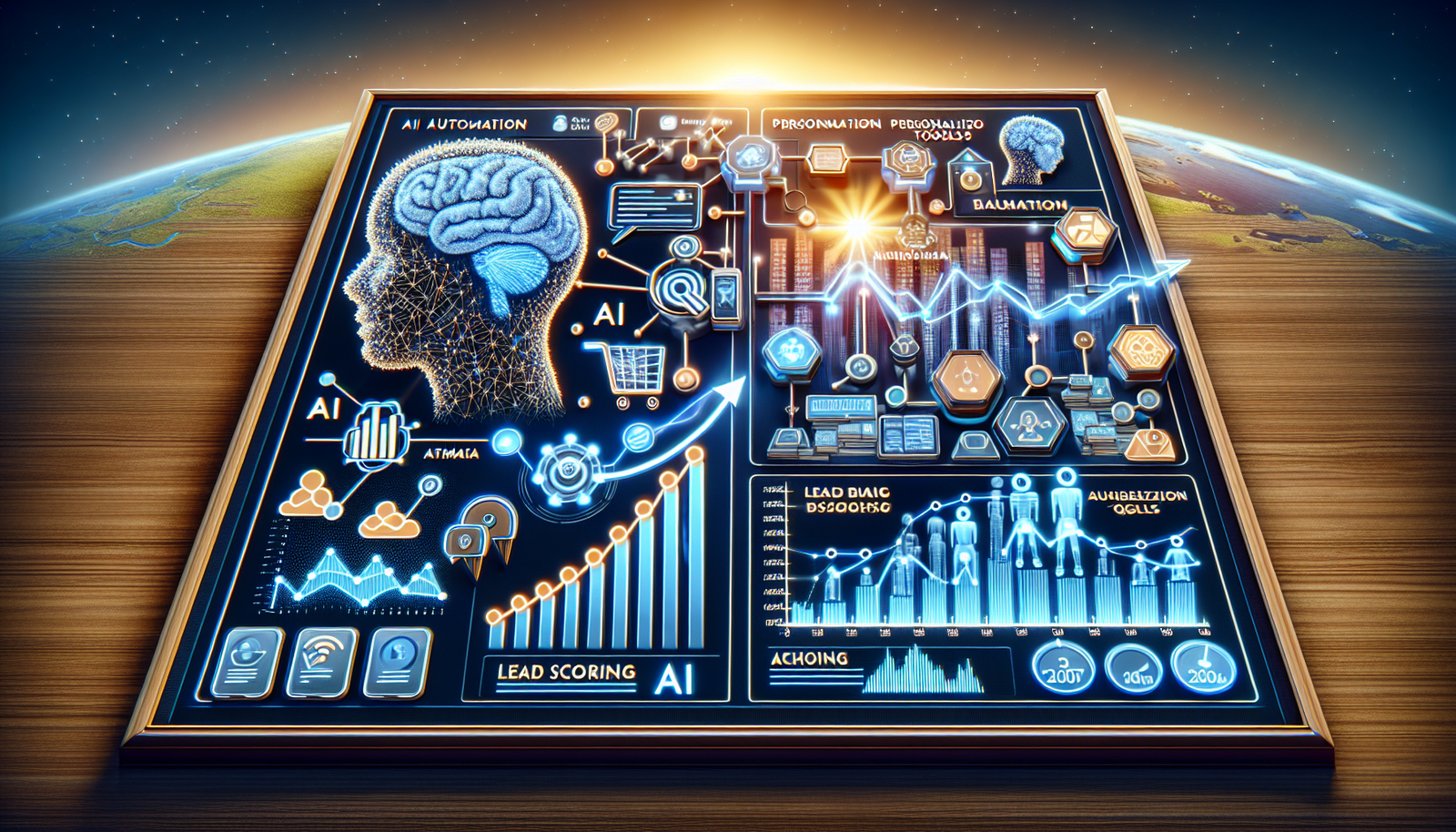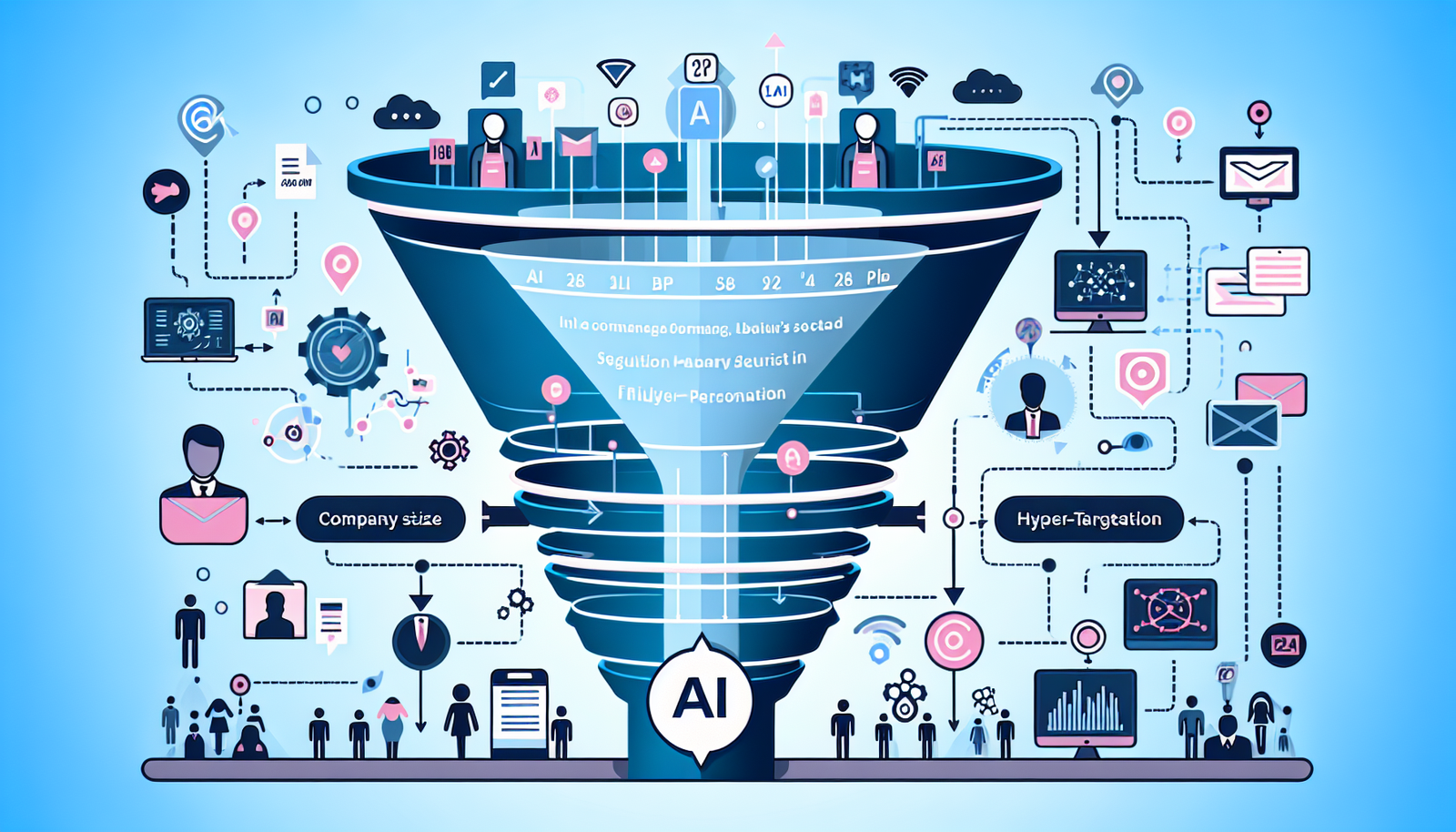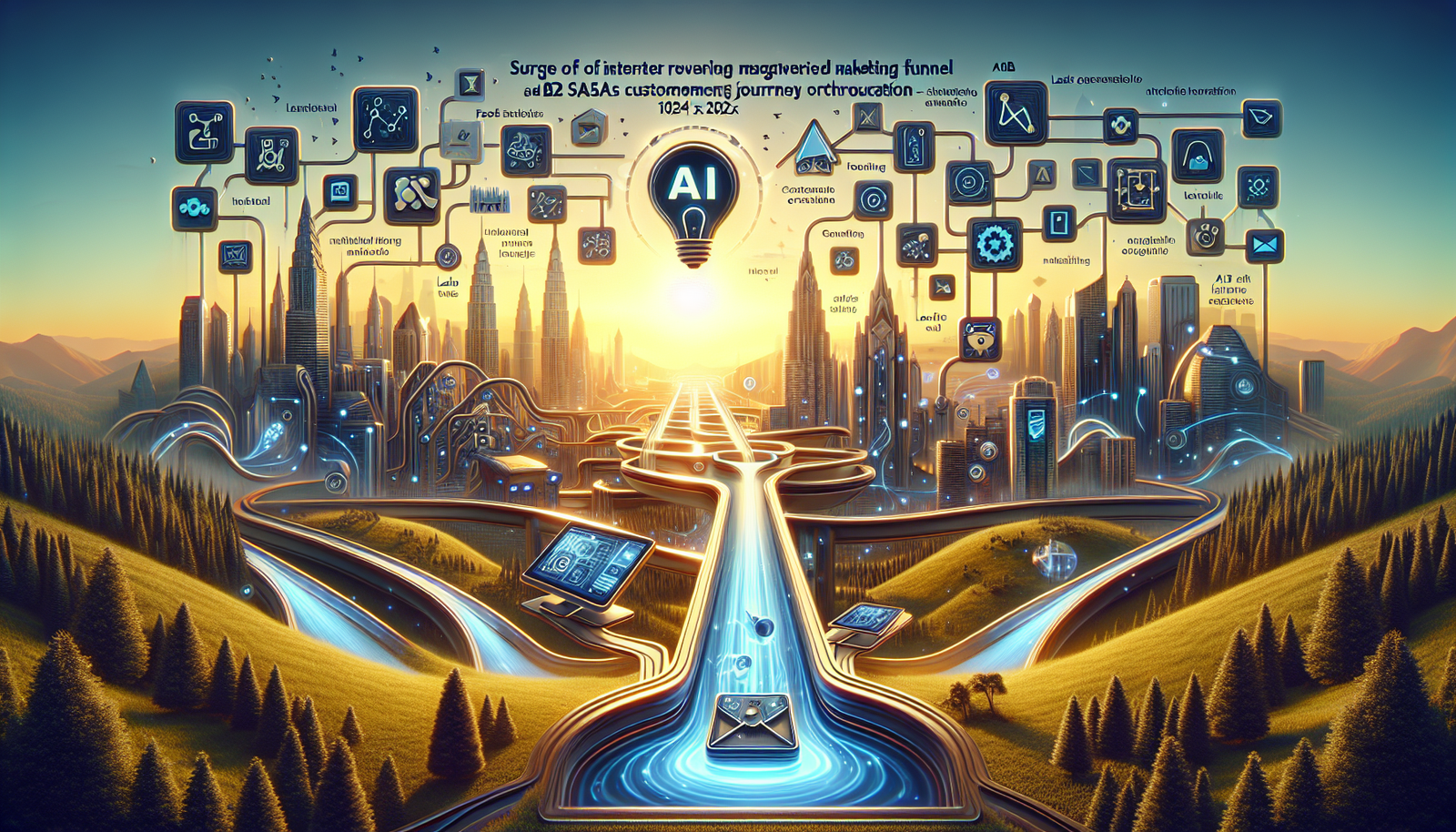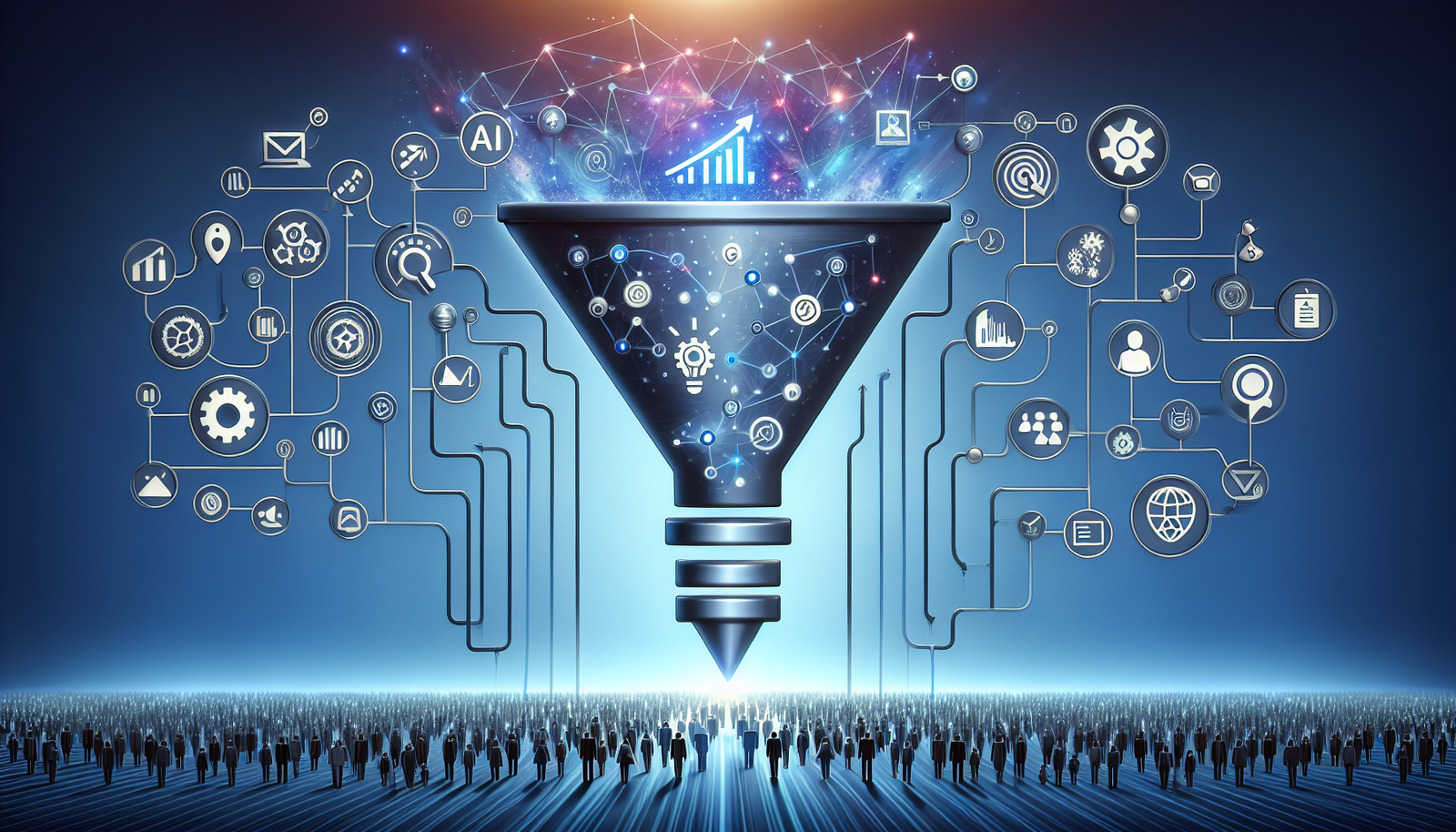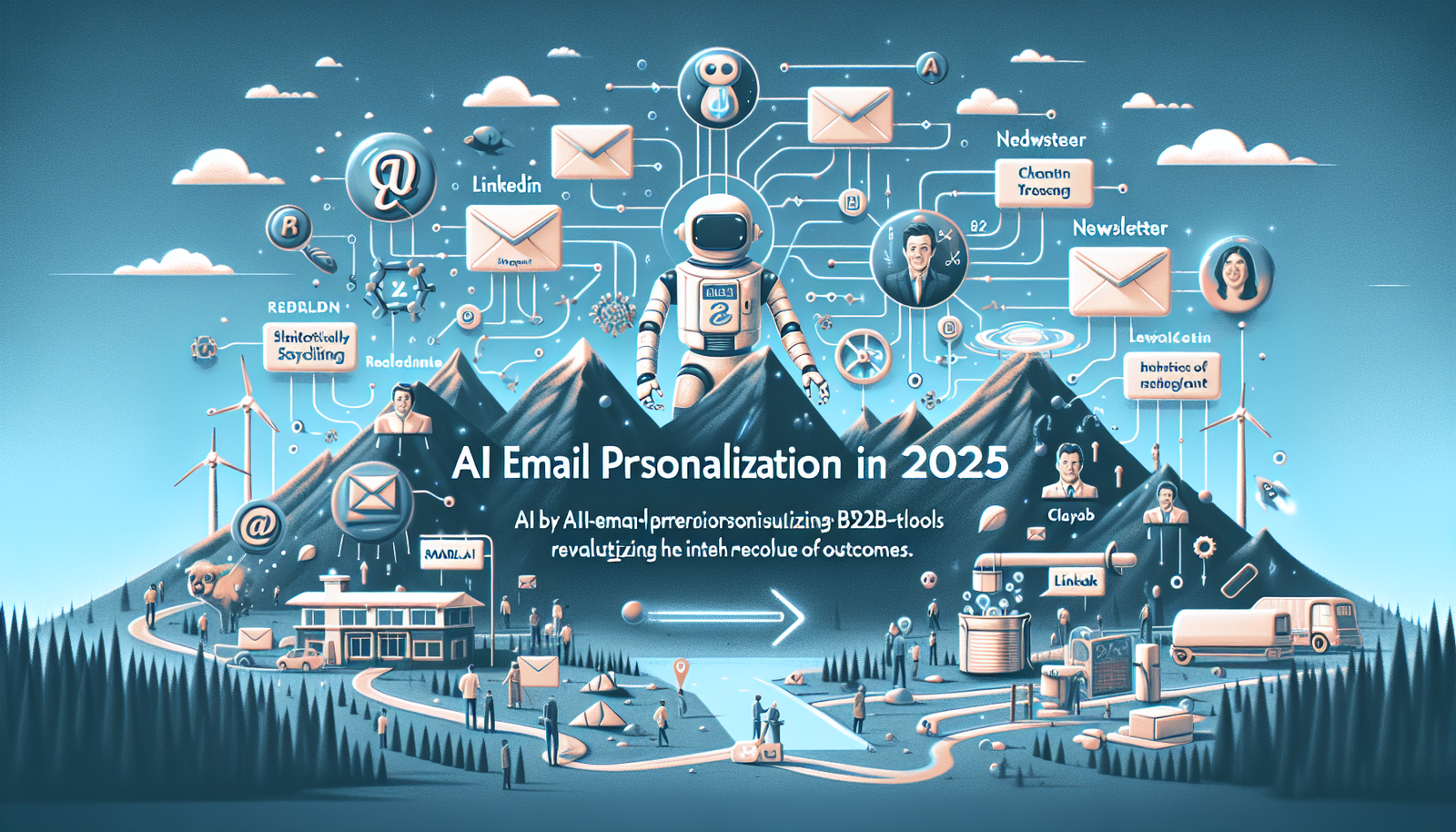Introduction to AI-Driven B2B Personalization
What does AI-driven B2B personalization mean?
AI-driven B2B personalization is the process of using artificial intelligence, including machine learning and predictive analytics, to deliver highly tailored experiences across the buyer journey. It’s about serving content, messages, and offers that are uniquely relevant—not to individuals, but to business accounts and stakeholders—based on behavior, industry, and need.
Why B2B personalization is different from B2C
Unlike B2C personalization, which often targets individual behavior and preferences, B2B personalization must account for complex buying cycles, multiple decision-makers, and firmographic data such as company size, role, and industry. This makes AI invaluable in automating and scaling personalization strategies for business clients.
How AI Powers B2B Personalization
Data Collection and Analysis
AI systems excel at aggregating vast amounts of structured and unstructured data—including CRM data, intent signals, website interactions, and third-party behavior—to build robust account profiles.
Predictive Analytics and Machine Learning
Machine learning models analyze this data to forecast customer needs, identify cross-sell opportunities, and determine the optimal content or outreach method at any stage in the funnel.
Real-Time Adaptation
Automated systems can dynamically personalize landing pages and product recommendations in real-time, adapting to how decision-makers interact with your website and assets.
Use Cases for AI-Based B2B Personalization
Account-Based Marketing (ABM)
AI enhances ABM initiatives by identifying high-value accounts, tailoring messaging to company needs, and personalizing buying experiences across channels.
Personalized Email Campaigns
Using behavioral and firmographic data, AI tools segment audiences and generate customized email content that boosts open and click-through rates.
Dynamic Website Experiences
Modern websites can show different headlines, case studies, or CTAs depending on the visitor’s company, role, or stage in the buying journey.
Sales Enablement Tools
AI surfaces relevant documents, insights, and scripts for sales teams based on the prospect’s behavior and previous interactions, making sales outreach more targeted and effective.
Benefits and Challenges
Benefits: Higher ROI and Engagement
- Improved customer experience and satisfaction
- Higher engagement rates
- More efficient marketing spend
- Better alignment between marketing and sales
Challenges: Data Complexity and Tech Stack Integration
Despite its benefits, AI personalization requires clean, high-quality data and often demands integration across multiple platforms such as CRM, marketing automation, and analytics tools. Privacy and GDPR concerns also need to be managed carefully.
How to Get Started with AI-Driven B2B Personalization
Step-by-Step Implementation Roadmap
- Audit your current data sources and customer journey maps
- Define your personalization goals and ideal customer profiles
- Select an AI platform or tool that integrates with your existing stack
- Start small with pilot campaigns
- Measure outcomes and iteratively optimize
Choosing the Right Tools
Popular AI personalization platforms include Demandbase, 6sense, and Adobe Experience Platform. Selection should align with your ABM maturity, data infrastructure, and budget.
Measuring Success
Key KPIs include engagement rates, lead quality, conversion rates, and revenue impact. It’s also important to monitor improvements in account penetration and sales velocity.
FAQs about AI-Driven B2B Personalization
How does AI decide what content to serve?
AI analyzes interaction data and identifies patterns to predict which types of content will resonate with different accounts or personas. It uses algorithms to match the right asset to the visitor’s intent.
What data is needed for AI-powered personalization?
You’ll need firmographic data (e.g., industry, size), behavioral data (e.g., website visits, email opens), and intent/signal data from third-party platforms to fuel accurate personalization models.
Is AI personalization compliant with data regulations?
Yes, if implemented correctly. It’s important to comply with regulations like GDPR and CCPA by being transparent, limiting data usage, and obtaining consent where necessary.
Focus Keyword: AI-driven B2B personalization

